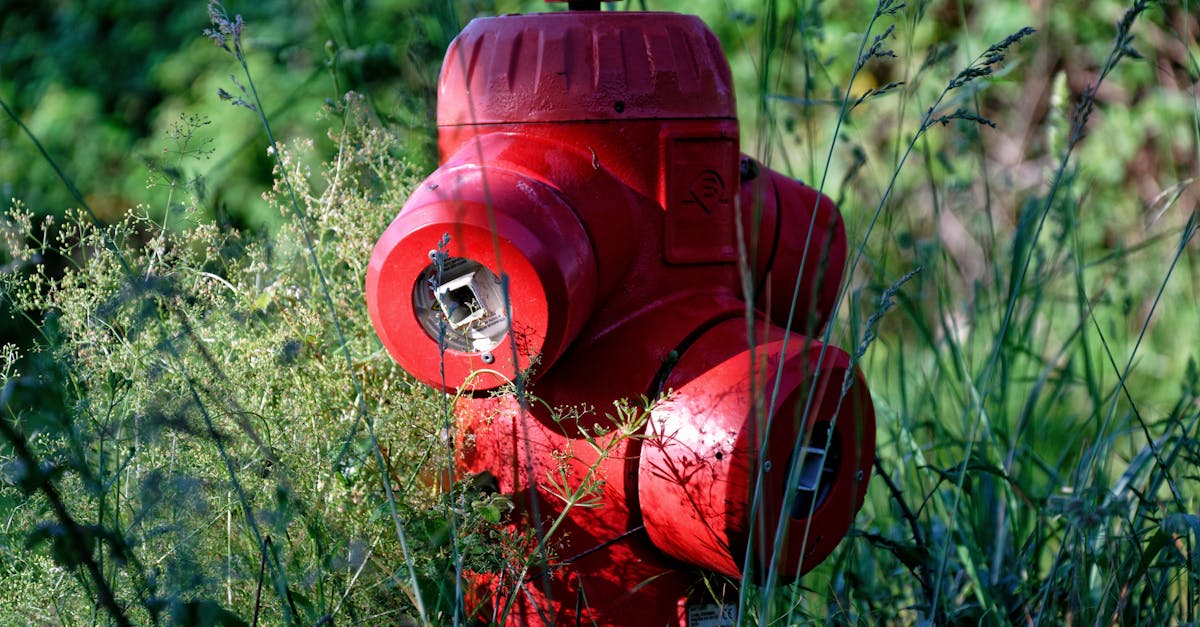Yard Maintenance

Yard Maintenance
Maintaining a vibrant and healthy lawn is essential for enhancing the curb appeal of any home. One of the key aspects of achieving this goal is through diligent Residential Lawn Maintenance. Regular upkeep not only promotes a lush green appearance but also contributes to the overall health of the soil and ecosystem in your yard. Homeowners who prioritize residential lawn maintenance reap the benefits of a beautiful outdoor space that can be enjoyed by family and friends throughout the seasons.
To achieve a pristine lawn, understanding the principles of residential lawn maintenance is crucial. This involves a combination of proper mowing techniques, watering practices, and fertilization schedules tailored to the specific grass type and local climate. By investing time and effort in residential lawn maintenance, homeowners can cultivate an inviting space that serves as a relaxing retreat and enhances the property’s value. Whether you are a seasoned gardener or a novice, effective strategies can lead to a well-kept lawn that becomes the envy of the neighborhood.
Best Yard Food for Vibrant Appearance
Maintaining a lawn calls for the right nutrients to promote lush appearance. Opting for top nutrients will make a significant improvement in how your lawn prospers. Organic alternatives, such as manure, are not only enhance the soil but also foster beneficial microbes. Artificial nutrients may offer quick results, making them ideal for individuals seeking rapid improvements.
To ensure results, keep in mind the individual needs of your lawn when selecting nutrients. Testing your soil will assist you determine which components are required. Applying a balanced food that includes nitrogen is essential for promoting strong roots and general lawn health. Consistent application of these nutrients can ensure that your lawn remains healthy and beautiful throughout the growing season.
Learning Various Fertilizers and Their Advantages
Fertilizers are essential for maintaining a healthy lawn. Learning various types of fertilizers available can help homeowners make informed decisions. Organic fertilizers, such as compost and manure, deliver slow-release nutrients that improve soil quality. Chemical fertilizers, on the other hand, generally deliver quick results, supplying essential elements like nitrogen, phosphorus, and potassium. Each type has its own set of advantages that cater to specific lawn needs.
The right choice of fertilizer can significantly impact lawn health. Organic options not only nourish the grass but also enrich the soil, promoting beneficial microbial activity. Chemical fertilizers usually result in faster growth, making them ideal for quick fixes. Learning the benefits of each type allows homeowners to tailor their lawn care strategies effectively. Choosing the right fertilizer based on soil condition, grass type, and climate can lead to a lush, green lawn that stands out in any neighborhood.
Moisture Techniques for a Thriving Grass
The essential aspect of upkeeping a grass area is efficient moisture strategies. Familiarizing oneself with the irrigation demands of your grass plays a vital to its overall well-being. Deep watering, which encourages deep root growth, must be executed less frequently but more comprehensively. This approach ensures that the roots extend to lower soil layers, in which they can access moisture even during hotter periods.
Moreover, the timing of irrigation plays a major role in lawn maintenance. Irrigating early or late aids minimize evaporation, giving more moisture to penetrate the soil. Applying a drip irrigation system can also be a smart choice, because it delivers water directly to the roots. Through employing these strategies, you can enhance the vibrancy of your lawn while saving water resources.
Advice for Effective Irrigation for Conserve Water
Irrigation is an crucial aspect of lawn care. To conserve water, one is vital to irrigate at the chillier periods of the day, such as early morning or late evening. This avoids losing water to evaporation thus secures that the lawn takes in the maximum amount of hydration.
Employing a smart irrigation system, like soaker hoses, is able to help in targeting the moisture where it is most needed. Also, checking the climate might assist in changing the irrigation schedule based on rainfall and heat. This does not only reduces water but furthermore promotes a healthy and vibrant yard.
Exploring Role of Soil Aeration in Lawn Health
Soil aeration has an essential function in maintaining yard maintenance. With breaking up the compacted soil, aeration allows oxygen to penetrate the roots more effectively. This enhanced oxygen flow encourages deeper root growth, leading to more robust grass. Furthermore, it promotes the absorption of water and nutrients, which results in a more lush lawn that can better tolerate drought and diseases.
Recognizing the significance of aeration is essential for any yard care regimen. Regular aeration aids in minimizing soil compaction, which is often caused by foot traffic and heavy equipment usage. Lacking proper aeration, lawns can become thin and more susceptible to weeds. Implementing a regular aeration schedule can renew your lawn, ensuring it remains lush and vibrant. Taking the time to perform aeration can lead to a more resilient lawn that is easier to maintain.
Methods Soil Aeration Helps The Grass by Enhancing Soil Quality
Aeration is a vital process for caring for the lawn condition. This method consists of making minute openings in your ground which helps to increase air and circulation of air as well as water into the roots of the lawn. This improves grass root growth which leads to a lusher yard overall.
Furthermore, aeration can help minimize compaction which frequently happens from excessive foot traffic or machinery. Through improving soil's structure, this enables essential nutrients for reach deeper levels of the soil, ensuring which the lawn benefits from adequate nourishment it requires for healthy growth. All in all, aeration acts to become a key element for maintaining a lush yard.